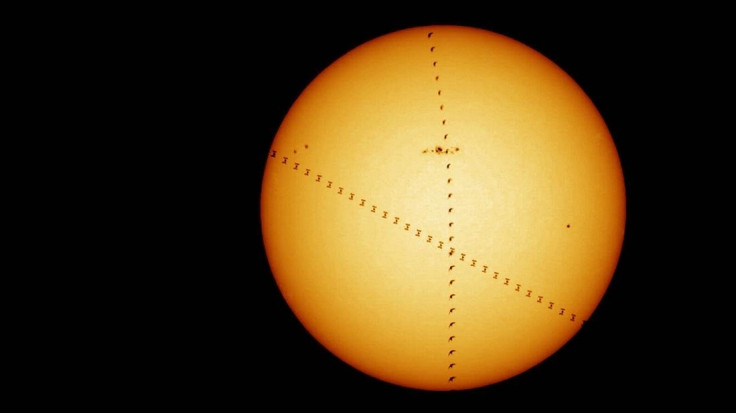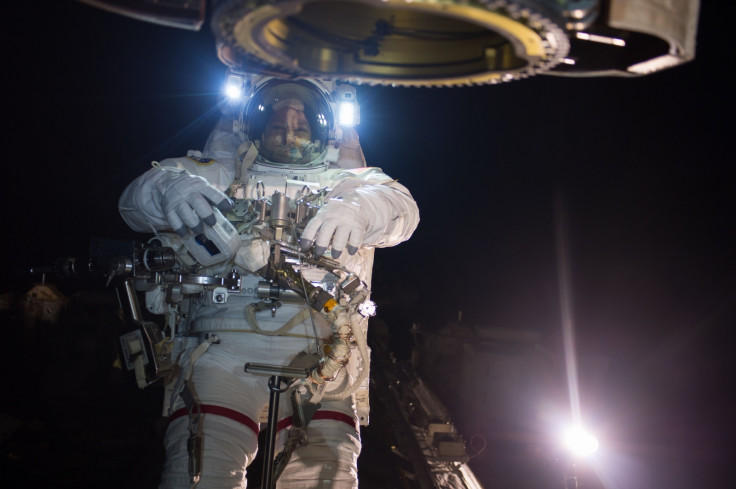A bird photobombed the Sun and the space station in this incredible photo
The photo was captured by ESA astrophotographers hoping to spot the ISS crossing the Sun.

The European Space Agency has just shared an incredible photo that shows how both the Sun and the International Space Station (ISS) got photobombed by a bird. The photo was captured by ESA astrophotographers who were hoping to spot the ISS crossing the face of the Sun.
The photo was taken by the ESA's astronomy club at the European Space Astronomy Center near Madrid, Spain in 2013, but was only released publicly the space agency earlier this week. Serendipitously, during the photo session, which according to the ESA lasted around 1.2 seconds, a bird flew past the Sun at the exact same time as the ISS that was flying past the Sun at a speed of over 28,000kms per hour.
"It requires planning, patience and a measure of luck," ESA said in a statement, describing the challenges involved in capturing an image of the ISS as it passes either the Sun, the moon or planets. "The camera must be set up at the right time in the right place to capture the Space Station as it flies past at 28 800 km/h. At such speeds the photographer has only seconds to capture the transit and if any clouds block the view it has to wait for another opportunity weeks later."
The international space station flies around the Earth at a distance of around 400kms. This allowed the astronomers at the ESA's astronomy club to calculate how far away the photobombing bird was from the camera, when the image was captured. The astronomy club estimated that the bird was "flying 86m from the camera lens".
"The difference in size and distance makes both the bird and the Space Station appear the same size," ESA said.
Meanwhile, ISS astronauts conducted a spacewalk on 5 October, during which astronauts performed repair work on the space station's robotic arm. Nasa shared an image of astronaut Randy Bresnik all suited up as he floated through space, performing repair work on the ISS.

© Copyright IBTimes 2025. All rights reserved.






















